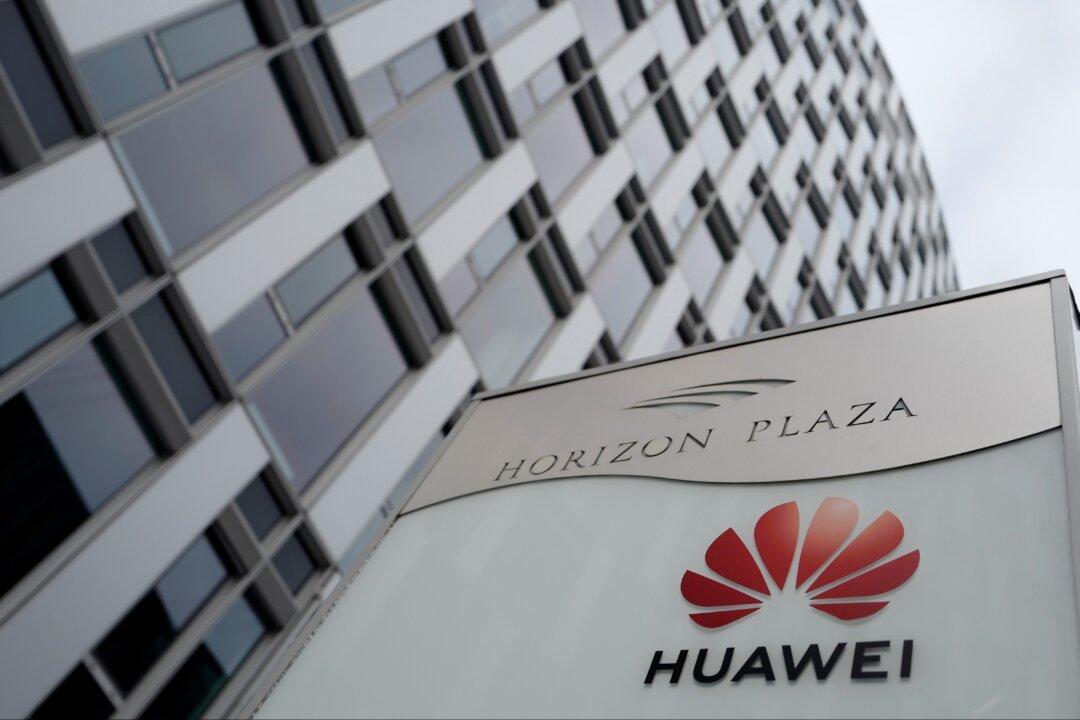HONG KONG/WARSAW—Chinese telecoms firm Huawei said on Jan. 12 it had sacked an employee arrested in Poland on spying charges in a case that could intensify Western security concerns about the company.
Poland’s internal affairs minister, Joachim Brudzinski, called for the European Union and NATO to work on a joint position over whether to exclude Huawei from their markets following the arrest of the Chinese employee and a former Polish security official on Jan. 11.





